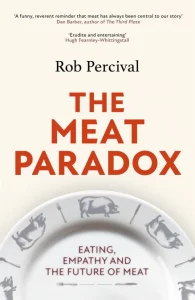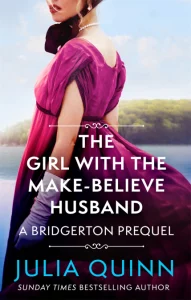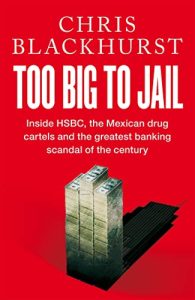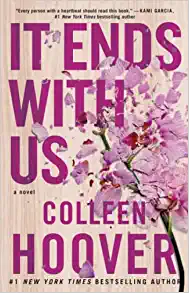When He Was Wicked
₦6,000.00In every life there is a turning point. A moment so tremendous, so sharp and breath-taking, that one knows one’s life will never be the same. For Michael Stirling, London’s most infamous bachelor, that moment came the first time he laid eyes on Francesca Bridgerton.
After a lifetime of chasing women, of smiling slyly as they chased him, of allowing himself to be caught but never permitting his heart to become engaged, he took one look at Francesca Bridgerton and fell so fast and hard into love it was a wonder he managed to remain standing.
Unfortunately for Michael, however, Francesca’s surname was to remain Bridgerton for only a mere thirty-six hours longer – the occasion of their meeting was, lamentably, a supper celebrating her imminent wedding to his cousin . . .
















